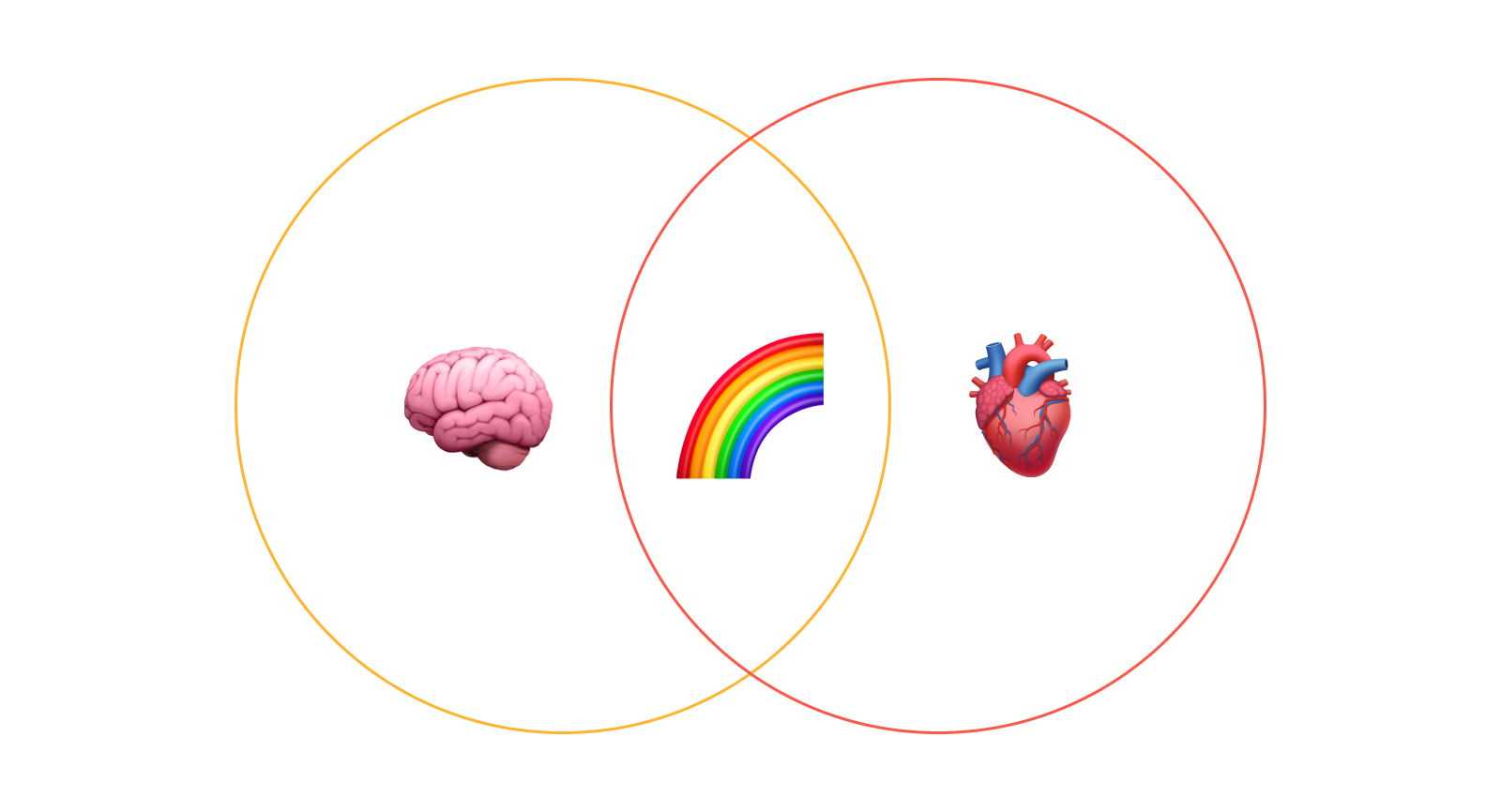 Corporate America is run by money; there is no mistaking it.
Corporate America is run by money; there is no mistaking it.
Whether from a CEO’s perspective or a consumer’s one, business and money are inescapably tied to one another. If a consumer wants to gauge whether their favorite business is engaging in social justice initiatives, one method seems to outweigh the rest: donations.
News organizations are churning out lists of which Fortune 500 company donated to which organization, how much they donated, and where the money is headed. While there are many ways for companies to meaningfully respond to racial injustice, consumers are taking note of purposeful investing and targeted donations.
Before monetary support comes authenticity: as a small business, we want to understand how to make a positive impact beyond surface-level engagement. While donations are one part of it, they do not tell the full story, and we believe that all types of businesses should use their economic influence as an extension, rather than the core, of their approach.
Consumer Pressure & Monetary Support
As activists unearth each layer of black history to impart to the public the depths of discrimination against the Black community, the public is, in turn, asking companies to lead the fight with their wallets.
When brands began to turn to their social media platforms to show their support vocally, they were met with a resoundingly popular catchphrase. Adam Ray Okay, a content creator on TikTok, popularized the phrase, “open your purse” as a way to pressure businesses to meet their lofty statements with appropriate financial support. This phrase has acted as part-rallying cry and part-shaming for businesses who do not seem to be doing their part for the cause.
Data drawn from Gen-Z and millennial customers showcases a clear expectation for socially responsible companies. Younger generations are growing increasingly aware of their purchasing power and the longstanding impact behind it. Forbes’ Consumers Technographics Data explains that “seven in ten millennials actively consider company values when making a purchase.”
7 in 10 millennials actively consider company values when making a purchase.
The power of social media is contributing to a shift for older consumers’ buying patterns as well. In a poll conducted by Forrester Analytics, the amount of Gen-X consumers that actively consider company values increased from 46% to 51% between 2015 and 2017.
Similarly, consumers 70+ experienced a sharp rise from 20% to 32% in their consideration of belief. These numbers are continuing to rise, and brands must catch up to a growing expectation that they need to take more of a pointed stance on societal matters.
Platitudes and posts are not enough for businesses. While long-term change is necessary, it is often much slower and harder to pinpoint than donations. By challenging Corporate America to rise to the challenge, consumers feel more empowered to come together, share resources, and make an impact.
How to Make an Impact
Education
Education is key to understanding what the prevalent problems are and taking the necessary steps to mitigating them. In the months following George Floyd’s death, individuals and corporations raised over $4 million for the Black Lives Matter Foundation, a California-located charity that is unaffiliated with the BlackLivesMatter Global Network.
When authenticity is at the forefront of an individual’s mind when donating to organizations that pledge to help, they would do their research, figure out what exactly is needed and how much to pledge to each different cause.
Donor Diligence
Donor diligence should be the first step for companies when they begin looking at making an impact through the donation route. Making sure to double-check the organization for identical names and possible scammers just scratches the surface. For a business to effectively donate, they should also ensure that the business is in good financial standing with the IRS, as well as registered with the state charity regulator.
When a business is truly invested in fixing systemic racism, there is a strong inclination in figuring out where the money is going. Confirm that the organization provides a sense of clarity and the money is going to a clear and direct resource, service, or research initiative.
Businesses can also review the charity’s spending habits through Form 990s, filed with the IRS. Additionally, before donating through third-party networks such as GoFundMe or Venmo, confirm validity, other donors, accomplishments, and platforms on their website.
By performing thorough research, businesses can be informed, conscious social actors on whichever part of the larger problem they are committing to fix.
Donation Size
Larger corporations can donate to umbrella organizations at a national level and make a significant contribution to the movement. Some examples are the BlackLivesMatter Global Network, NAACP Legal Defense & Education Fund, and the ACLU.
While small businesses can certainly concentrate some of their donation funds on broad racial justice initiatives, they can also focus their efforts based on need to the regional and local level.
The advantage of donating to these organizations is two-fold:
- The donor acts based on the need of the organization.
- It is much clearer to see where the donation will go and who it may impact.
A couple of examples located in the Bay Area include the People’s Breakfast Oakland, a black-led nonprofit that focuses on rehabilitation for the homeless, and Black Earth Farms, an agricultural organization that champions culturally-Black food for low-income people.
B Corporations
An emerging type of corporation, known as a B Corp, is revolutionizing the common business model. Instead of prioritizing profit and financial gain, a certified B Corp uses their business to adhere to social responsibility.
When a business gets certified as a B Corp, its leaders are communicating to the public a commitment to purpose. B Corporations are a unique way for certain industries to broadcast genuine engagement with the social sphere.
Ready State is working towards this certification, which involves undergoing a meticulous and necessary evaluation in order to provide for communities in need.
B Corps and #BLM
In the months following the various protests, the B Lab, the non-profit that manages B Corporations, discussed various strategies in a resource guide detailing how B Corps can take steps to tackle racism in the workplace and within society.
A company can also benefit from becoming a B Corp because consumers from all age groups are increasingly scrutinizing a brand’s track record before choosing to purchase. Thus, a report published by “B The Change” showcases how B Corps are becoming more relevant to society as a whole.
By analyzing monthly sales for 72 B Corporations and comparing the sales to the overall brand industry, the report determined that strong B Corp brands correlate to expanding sales potential.
Since October 2017, “the B Corps cohort saw a 49% growth in sales compared to 15% for the category cohort.” Additionally, a report conducted by Nielsen found that sustainability, trust, and a social conscience were among the highest purchasing factors for the 30,000 global consumers surveyed.
B Corps have experienced a 49% increase in sales since October 2017.
In a report published by the Korn Ferry Institute, analysts discovered that between 2011 and 2015 certified B Corps grew annually 9.85% compared to a 2.4% growth rate in non-certified companies. A 2016 survey also detailed that 90% of executives saw economic gain since their company received a B Corp certification.
Ultimately, as society pushes towards sustainability and responsibility, consumers are mimicking those traits in their purchasing decisions. A genuine drive to help society and cultivate purposeful habits should be the leading edge of donor practices.
In the long term, some businesses are working towards a B Corp certification to enhance their commitment to social justice and communicate to consumers a legitimate desire for social improvement. Ready State is excited to be starting this journey towards certification.
Citations
Lai, Anjali. (2018) “Millennials Call For Values-Driven Companies, But They’re Not The Only Ones Interested.” Forbes.
Retrieved from https://www.forbes.com/sites/forrester/2018/05/23/millennials-call-for-values-driven-companies-but-theyre-not-the-only-ones-interested/?sh=2b4d1f645464
Lewis, Rachel Charlene. (2020) “Open Your Purse: On Twitter, Users Demand Celebrities Distribute Wealth to Fight Police Brutality.” BitchMedia.
Retrieved from https://www.bitchmedia.org/article/on-twitter-open-your-purse-is-a-rallying-cry-for-distributing-wealth
Duarte, Fernando. (2020) “Black Lives Matter: Do Companies Really Support the Cause?” BBC Worklife.
Retrieved from https://www.bbc.com/worklife/article/20200612-black-lives-matter-do-companies-really-support-the-cause
“Black Lives Matter: How Can Small Businesses Make A Permanent Change?” (2020) Keystone Virtual.
Retrieved from https://www.carlystringer.com/black-lives-matter-how-can-small-businesses-make-a-permanent-change/
Nguyen, Terry. (2020) “Consumers Don’t Care About Corporate Solidarity. They Want Donations.” Vox.
Retrieved from https://www.vox.com/the-goods/2020/6/3/21279292/blackouttuesday-brands-solidarity-donations
Albrecht, Leslie. (2020) “People Donated Millions of Dollars to the Wrong Black Lives Matter Foundation - Read This Before You Give to Any Charity.” MarketWatch.
Retrieved from https://www.marketwatch.com/story/people-donated-millions-of-dollars-to-the-wrong-black-lives-matter-foundation-read-this-before-you-give-to-any-charity-2020-07-01
“About B Corps.” B Corporation.
Retrieved from https://bcorporation.net/about-b-corps
“To Tackle Racism and Drive Change, We Must Lean Into Discomfort.” B Corporation.
Retrieved from https://bcorporation.net/zbtcz07z20/tackle-racism-and-drive-change-we-must-lean-discomfort
“Anti Racism Resources.” B Corporation.
Retrieved from https://bcorporation.net/anti-racism-resources
Dowling, William. (2018) “The Business Case for Caring.” B The Change.
Retrieved from https://bthechange.com/the-business-case-for-caring-c92743555ffe
“Consumer-Goods’ Brands That Demonstrate Commitment to Sustainability Outperform Those That Don’t.” (2015) Nielsen.
Retrieved from https://www.prnewswire.com/news-releases/consumer-goods-brands-that-demonstrate-commitment-to-sustainability-outperform-those-that-dont-300157905.html
“How Purpose Drives Performance.” (2016) Korn Ferry Institute.
Retrieved from https://www.kornferry.com/content/dam/kornferry/docs/article-migration/Korn_Ferry_People_on_a_Mission_1219.pdf
